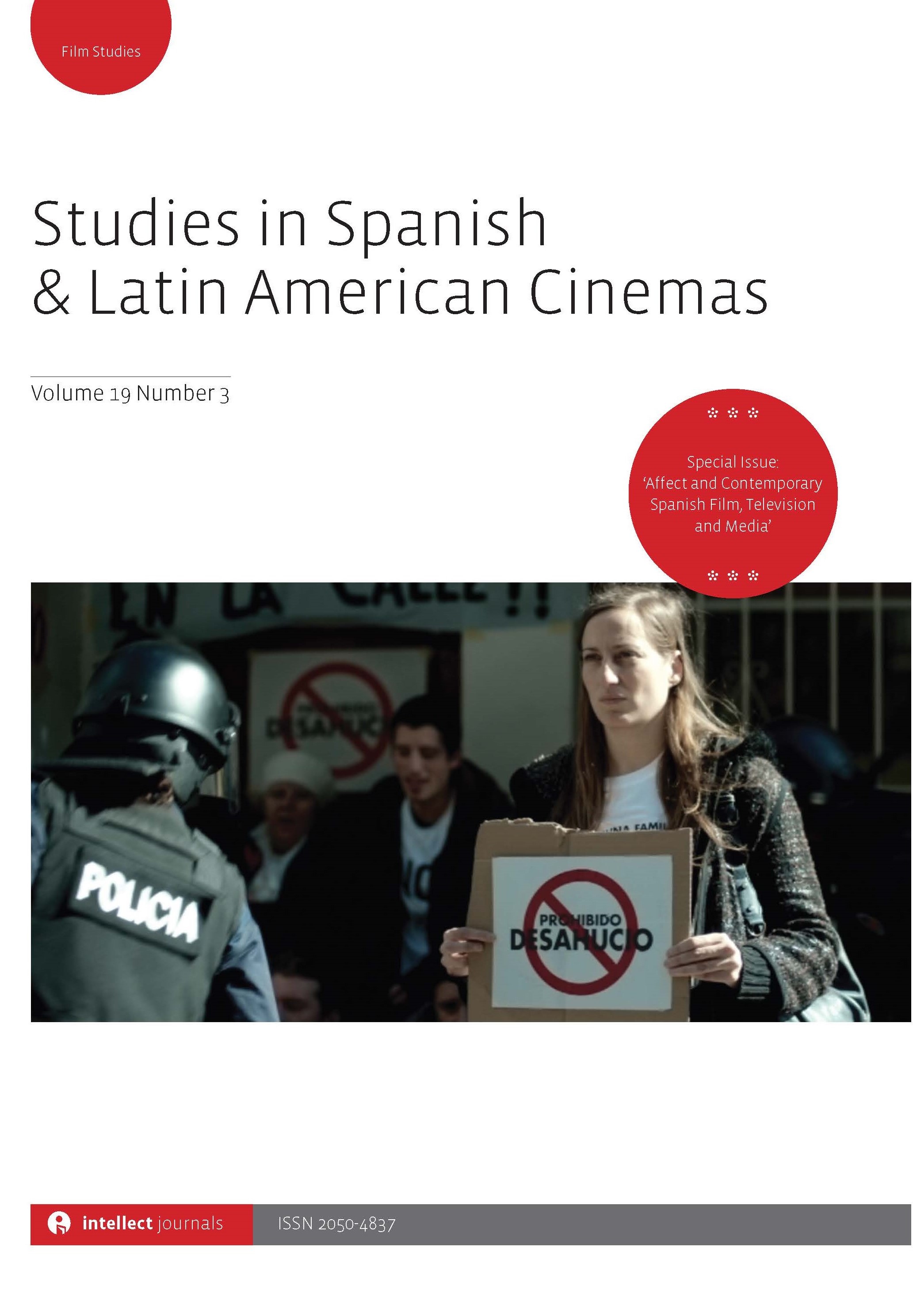
Full text loading...

In his lifelong career as a film director, Ventura Pons has been praised for his unique and consistent approach to female roles. Between 1978 and 2018 he worked with virtually all of the most important Catalan actresses and developed a special affinity with some of them, such as Rosa Maria Sardà and Amparo Moreno. The extraordinary interpreting palette of both Sardà and Moreno provided Ventura Pons with a powerful repertoire of acting tones and hues, most notably in comedic genres. This article explores Pons’s construction of national discourses through the roles and performances of Sardà, focusing on the interrelated issues of self-image and national allegory. The notion of self-image, as developed by imagologists Beller and Leerssen (2007), is most relevant in the context of the Catalan nation-building project, which runs in parallel to the othering of aspects of Catalan identity that are increasingly felt as alien.

Article metrics loading...

Full text loading...
References


Data & Media loading...

Publication Date:
https://doi.org/10.1386/slac_00082_1 Published content will be available immediately after check-out or when it is released in case of a pre-order. Please make sure to be logged in to see all available purchase options.